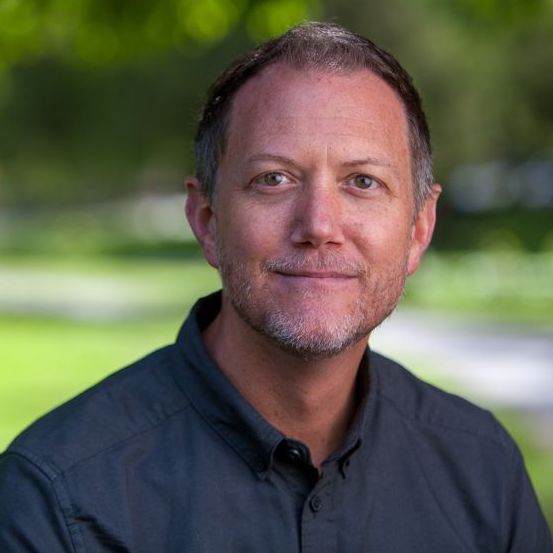As I spun a few squares of Charmin toilet paper off of the roll to complete my morning duty, I wondered who makes this product? I then hopped into the shower and washed my hair with Pantene Shampoo, put Duracell batteries into my non-functioning mouse, used a Bounty paper towel to clean spilled coffee off of my desk and then used a Swiffer to clean the floor where the coffee dripped as well.
Astonishingly, all of these products are made by the largest maker of packaged goods in the world, Procter and Gamble. Along with the products come absurd amounts of packaging. Yesterday, this absurd amount of packaging was the focal point of a shareholder proposal at P&G's annual shareholder meeting in Cincinnati, Ohio. Approximately 5.8 percent of shareholders voted in favor of the resolution.
The shareholder resolution, co-filed by the non-profit organization As You Sow, Green Century Equity Funds and Trillium Asset Management, asked Procter and Gamble to adopt Extended Producer Responsibility (EPR) policies with respect to its packaging materials. What EPR does is shift the financial responsibility of collecting and recycling all of those plastic Gillette razor packages and Tide detergent bottles from taxpayers and local governments back to the big companies financially benefiting from selling all of those products.
Currently, almost 50 countries require manufacturers to pay some or all of the costs for packaging collection and recycling. The U.S does not. In Europe, they call this directive “one of the most successful pieces of EU environmental legislation” as it forces these companies to reduce their packaging sent to landfills and also lowers costs. As You Sow has been actively engaging with P&G, but the company appears to have avoided pursuing the effects of enacting an EPR program.
After hearing of the 5.8 percent vote at yesterday’s meeting, AYS Executive Director, Conrad MacKerron, stated:
"It’s a disappointing result when compared to previous votes at Kraft (25 percent) and Kroger (13 percent), but still far more than needed to re-file next year.” Three percent is the minimum vote needed to get the same exact resolution put on the ballot for next year. “This may seem like a small vote in the traditional electoral sense but important company commitments have evolved from similar results,” he concluded.
Considering Americans threw away $11.4 billion in recyclable materials last year, corporations may soon realize they will be able to reclaim billions of dollars in lost value of materials by enacted policies such as the EPR. Hundreds of thousands of American jobs could be created in the recycling industry, and, in turn, all of those working people will use their paycheck to buy more Old Spice and Max Factor (also owned by P&G).

Dale is the founder and advisor of Sustainvest Asset Management LLC. He has over 20 years experience in wealth management and financial services with a distinct commitment to sustainable investing for 15 of those years. Prior to Sustainvest, Dale was a portfolio manager specializing in ESG investment strategies and shareholder advocacy. After growing up in southern New Jersey, Dale decided to head west in 2002 and now makes the bay area his home. He has an MBA in Sustainable Management from Presidio Graduate School in San Francisco and a B.A. in Economics from Rowan University and currently is a volunteer with Mentor Me Petaluma and the founder of Green Drinks Petaluma. He also currently sits as a Board of Director of nonprofit Stewards of the Coast and Redwoods and is a investment committee member of the Sonoma County Community Foundation.














